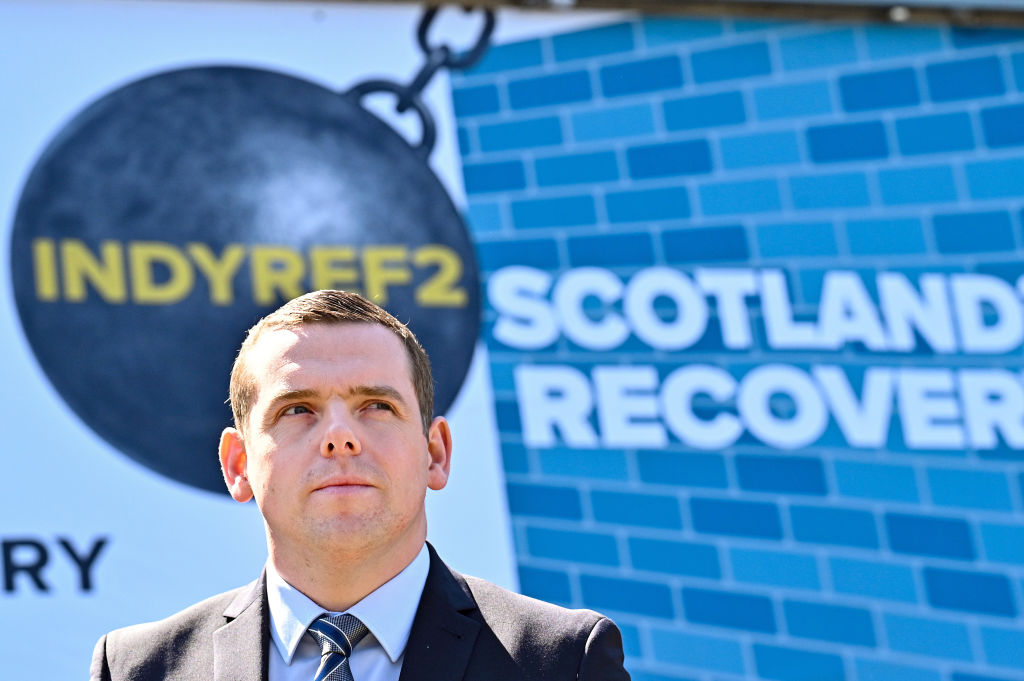As Douglas Ross and his colleagues gather for the annual Scottish Tory conference in Aberdeen this weekend, there are good reasons for the Scottish Conservatives to feel more upbeat than their counterparts elsewhere.
In 1997, Scotland proved particularly emblematic of New Labour’s landmark victory. Where the Conservative Party had held 11 seats, they now held none. Their share of the popular vote fell to just over 17 per cent. Three serving cabinet ministers – Foreign Secretary Malcolm Rifkind, Scottish Secretary Michael Forsyth and President of the Board of Trade Ian Lang – were among the more high-profile casualties. As defeats go, it was comprehensive, and reflected a UK-wide disaffection after nearly two decades of Conservative government.
But today, while polls frequently suggest Rishi Sunak’s party could be facing a result of equal calamity across much of the country, this is not the case in Scotland. Though the Scottish Conservatives have fallen back in the polls, they are facing nothing close to a 1997-style wipe-out and could even gain on the seven seats they already hold in Scotland.

Britain’s best politics newsletters
You get two free articles each week when you sign up to The Spectator’s emails.
Already a subscriber? Log in






Comments
Join the debate for just £1 a month
Be part of the conversation with other Spectator readers by getting your first three months for £3.
UNLOCK ACCESS Just £1 a monthAlready a subscriber? Log in